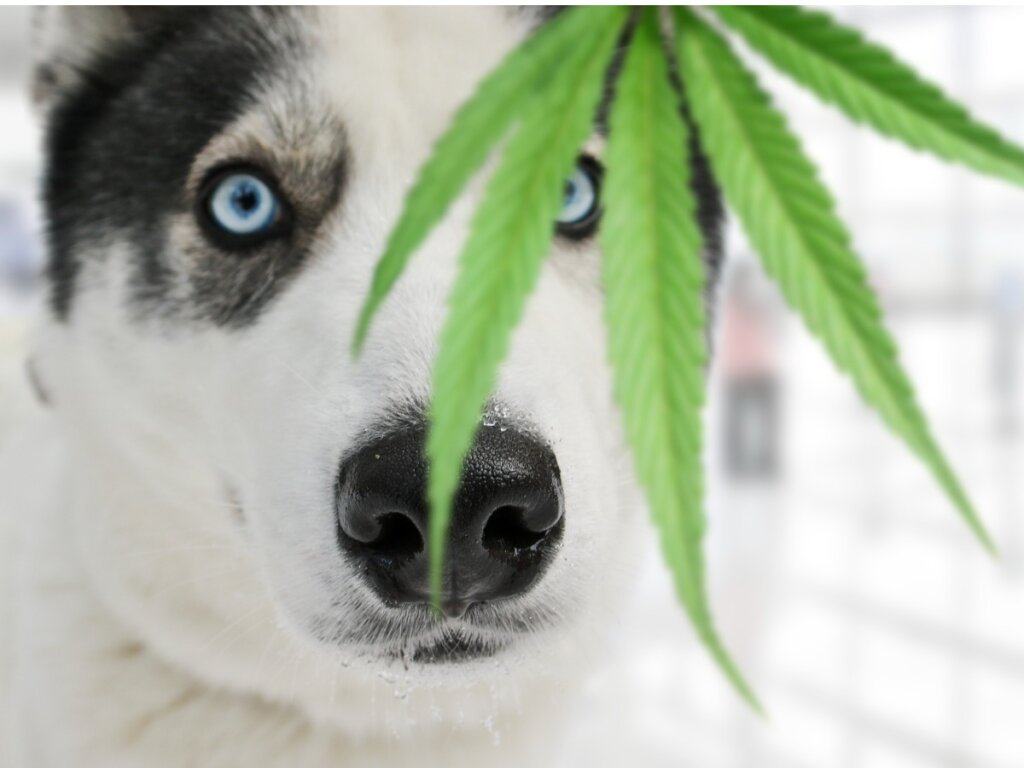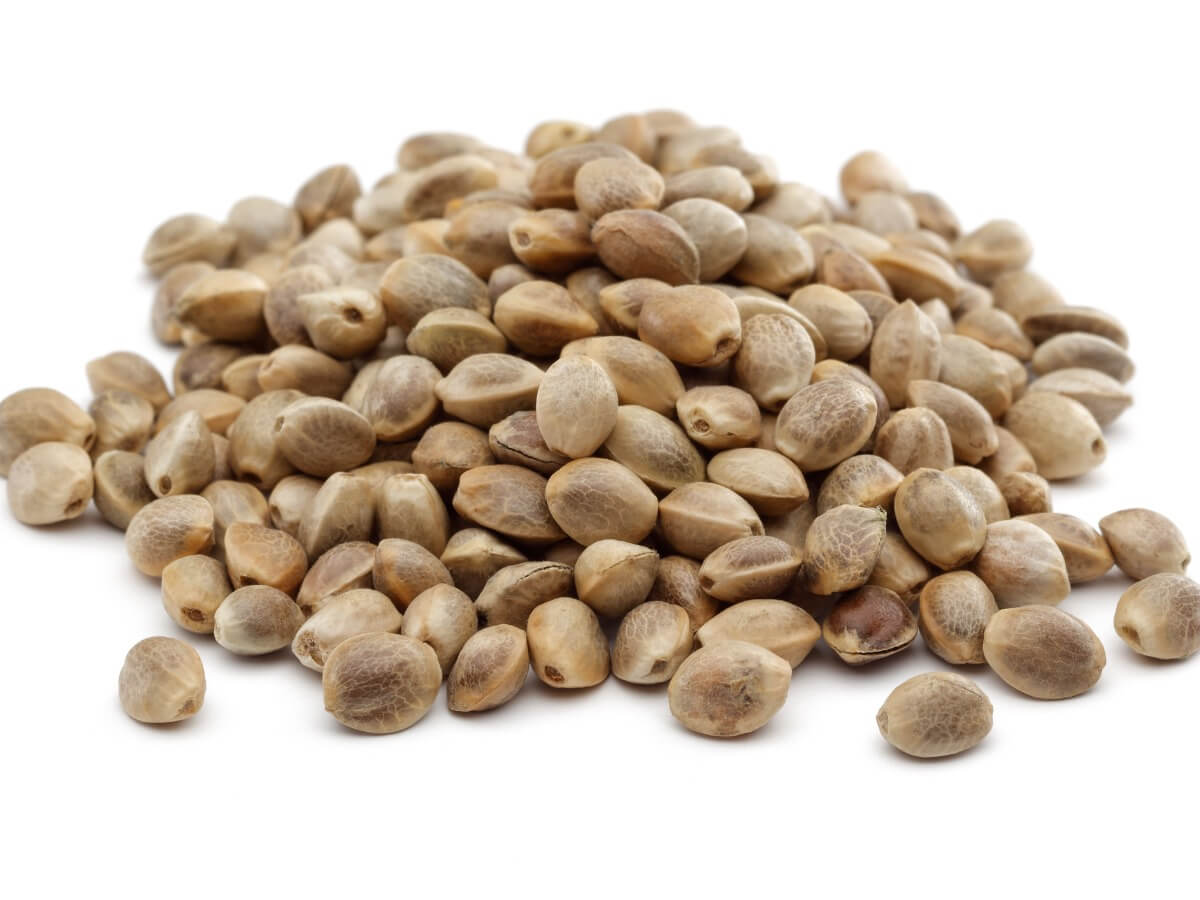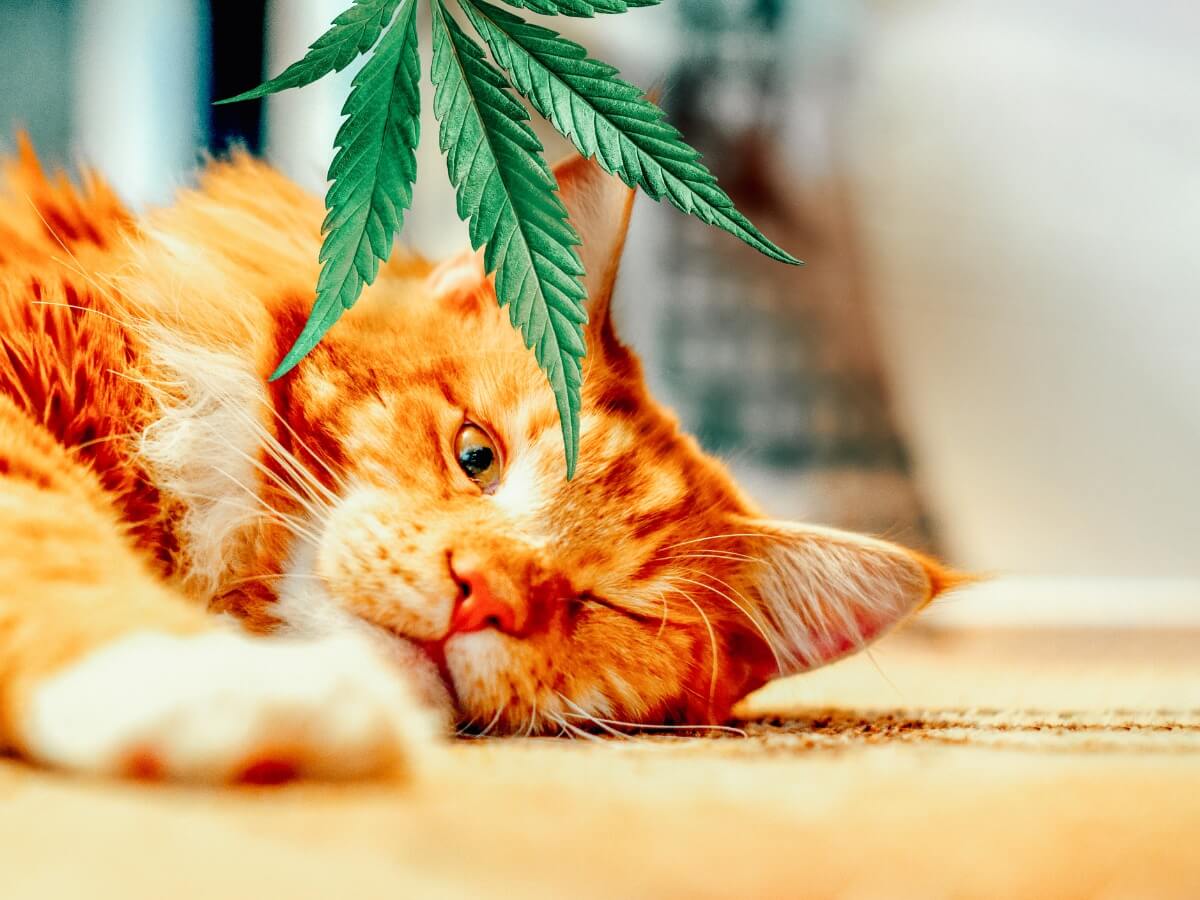Hemp Seeds: What Benefits Do They Have for Pets?

Awareness about caring for animals at home has inevitably led to a growing concern for the proper nutrition of those who live in our homes. Among the swell of new food supplements for animals, one stands out above the rest: hemp seeds.
Traditional pet medicine has experienced a resurgence in recent years, but always from an analytical point of view and basing the findings on demonstrable facts. If you’re looking for new ways to keep your animal healthy through natural products, these seeds are highly beneficial. Get to know here all their attributes here.
What is hemp?
Hemp is a plant belonging to the Cannabis family. Sativa. L, grown mainly to obtain raw materials – fiber and cellulose, among others. Hemp seeds are edible and are considered a superfood, thanks to the large amount of nutrients they contain.
We should emphasize that hemp shouldn’t be confused with marijuana: despite belonging to the same family, they’re two varieties of cannabis that have been isolated and selected over many years in a different way. Marijuana isn’t grown to obtain raw materials, but rather to enhance the psychoactive effect in the bodies of those who consume it.

What are the benefits of hemp seeds?
It’s increasingly common to find hemp seeds in the diets of both humans and animals. This is due to the large number of benefits they have for the body, as studies indicate. Here we’ll show you a few:
- They are a great source of fiber: 3 tablespoons of these peeled seeds contain about 1.2 grams of fiber. Fiber is very beneficial for improving the functioning of the intestinal tract, since it encourages the growth of symbiotic bacteria in the body (microbiome).
- They have a high proportion of vegetable protein – 25%: this represents 25 grams (1 oz) of protein per 100 grams (4 oz), equivalent to that of meat and fish. In addition, they’re easily absorbed and strengthen the immune system.
- They contain a balanced ratio of omega-3 and omega-6 fatty acids: Studies maintain that the consumption of omega-3 implies lower levels of blood pressure and cholesterol in the blood, as well as the regulation and normalization of fat metabolism, the reduction of the insulin dependence, an increase in the general metabolic rate, and a significant anti-inflammatory action.
- They’re an important source of minerals, especially potassium. This is important for muscle and nerve functions, calcium absorption, metabolism and hormonal functions.
- Hemp seeds also contain B vitamins – folic acid, thiamine, and riboflavin – as well as vitamin E. These micronutrients are essential for the proper absorption of proteins and for their antioxidant activity.
On the other hand, growing hemp requires very few resources. It requires less water than other food supplements and doesn’t need pesticides or fungicides to grow. It also improves the substrate for the following crops and can retain 4 times more carbon dioxide than other vegetables, which helps to regenerate oxygen in the air and reduce greenhouse damage.
100 grams of meat (4 oz) have 26 grams (1 oz) of protein, but with a water footprint of about 870 liters (190 gallons) of water. Hemp seeds are much more environmentally friendly.
Can pets consume hemp seeds?
As you can see, consuming these seeds on a regular basis has important benefits for the body. However, is this also the case for cats and dogs? The answer is yes, and we’ll show you why.
Dogs
The main benefit of this food lies in its proportion of fatty acids. Dog’s bodies don’t produce Omega-3 and Omega-6 acids, and so it’s necessary to provide them in their diet. Hemp has a very healthy ratio between the two, which guarantees its correct absorption in the canid’s digestive system.
These seeds also contain gamma-linolenic acid (GLA), which is essential for joint health and other vital body functions. This property is especially beneficial for puppies, as it could help in the growth and maintenance of their immune system.
The large amount of oil in hemp seeds also gives the animal’s fur a lustrous appearance.
Cats
Oils containing these seeds will be beneficial to maintain a cat’s hair, keeping it shiny, and helping their skin too. However, being strict carnivorous animals, cats can’t metabolize fats from plant sources. If you’re looking for healthy lipid sources for them, ideally they should be of animal origin.
Other pets
The study Hemp in Veterinary Medicine: From Feed to Drug, published in the journal Frontiers in Veterinary Science, has explored the effects of supplementing the diet of other animals in the human domestic environment with hemp seeds. Here are some very interesting discoveries:
- Laying hens gain considerable weight when hemp seeds are added as a 10-20% component of their feed. It’s a nutritious food that allows the bird to develop with a lower consumption of processed feed.
- Cows consuming hemp seed feeds appear to produce more milk, but only when the ingredient is present in specific preparations and concentrations.
- It’s also believed that chickens could lay more eggs with this supplement, and that goats can produce more milk. However, all these postulations haven’t been empirically verified.

The benefits of hemp seeds have been studied mostly in companion animals (although not so much in exotic pets) and also in livestock. Being an emerging trend in the world of nutrition, the best recommendation will always be to consult with the veterinarian before including new elements in the diet of dogs or cats.
All cited sources were thoroughly reviewed by our team to ensure their quality, reliability, currency, and validity. The bibliography of this article was considered reliable and of academic or scientific accuracy.
- K. (2018, 18 junio). Diferencias entre cáñamo y marihuana. Dinafem. https://www.dinafem.org/es/blog/ca-amo-vs-marihuana/
- Reduction of Cardiovascular Events With Icosapent Ethyl–Intervention Trial. (2018, 8 noviembre). American College of Cardiology. https://www.acc.org/latest-in-cardiology/clinical-trials/2018/11/08/22/48/reduce-it
- Salas Dominguez, S. (2019). Ecodiseño, procesos y materiales para productos destinados a mascotas (Bachelor’s thesis, Escuela de Arquitectura y Diseño).
- Callaway, J. C. (2004). Hempseed as a nutritional resource: An overview. Euphytica, 140(1), 65-72.
- Della Rocca, G., & Di Salvo, A. (2020). Hemp in veterinary medicine: from feed to drug. Frontiers in veterinary science, 7.